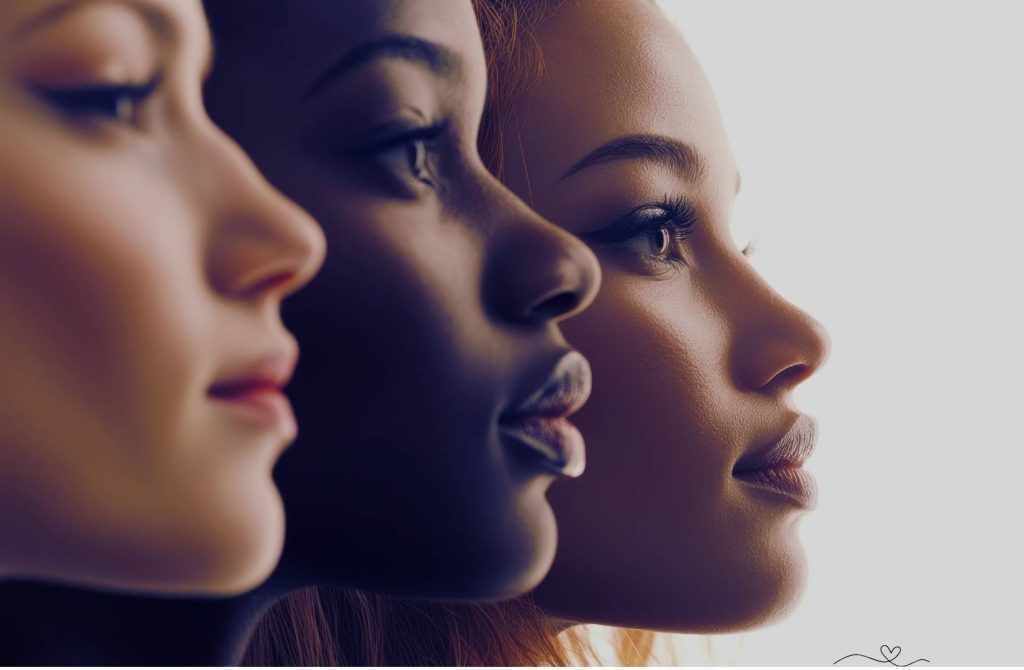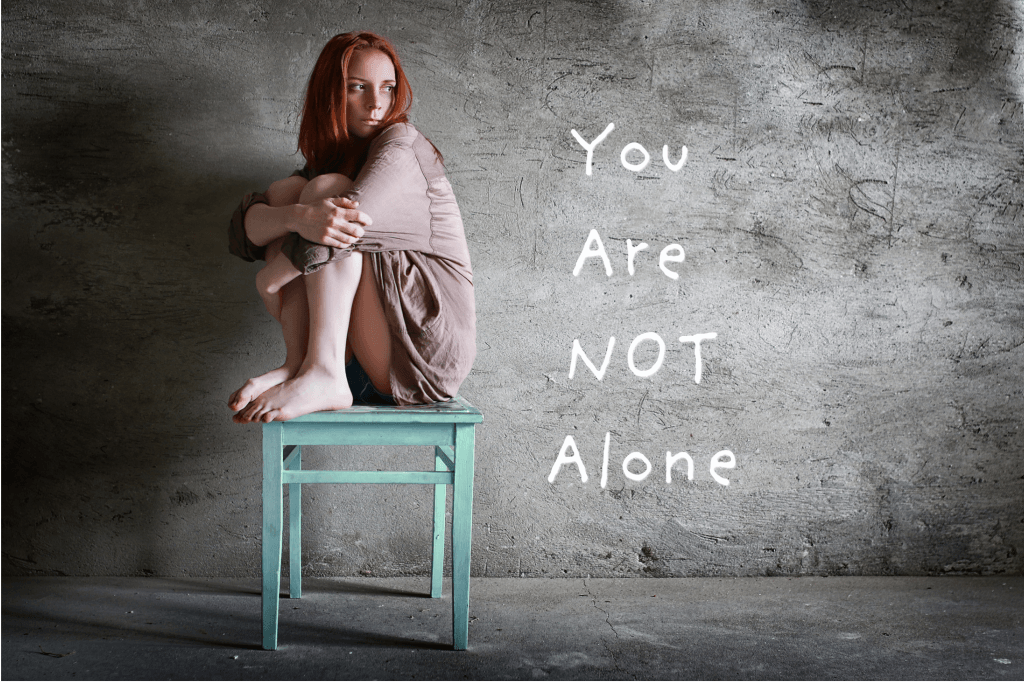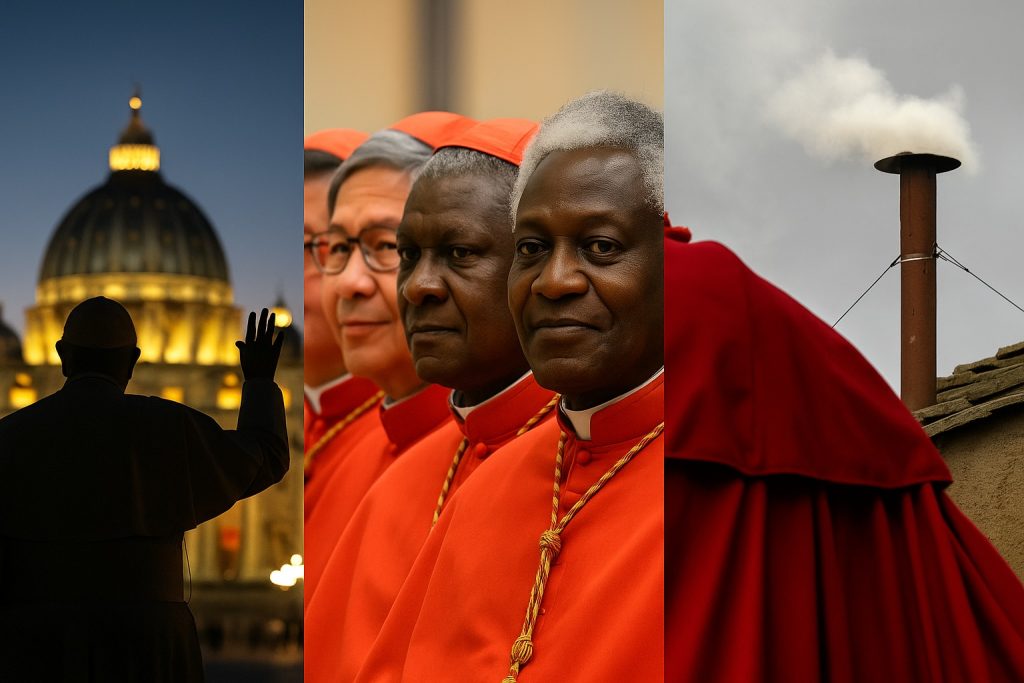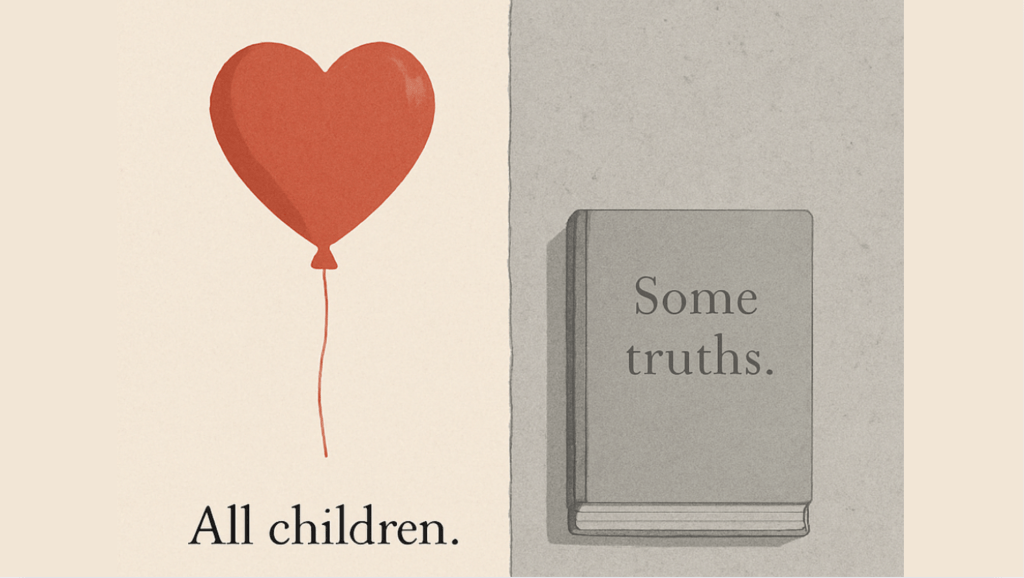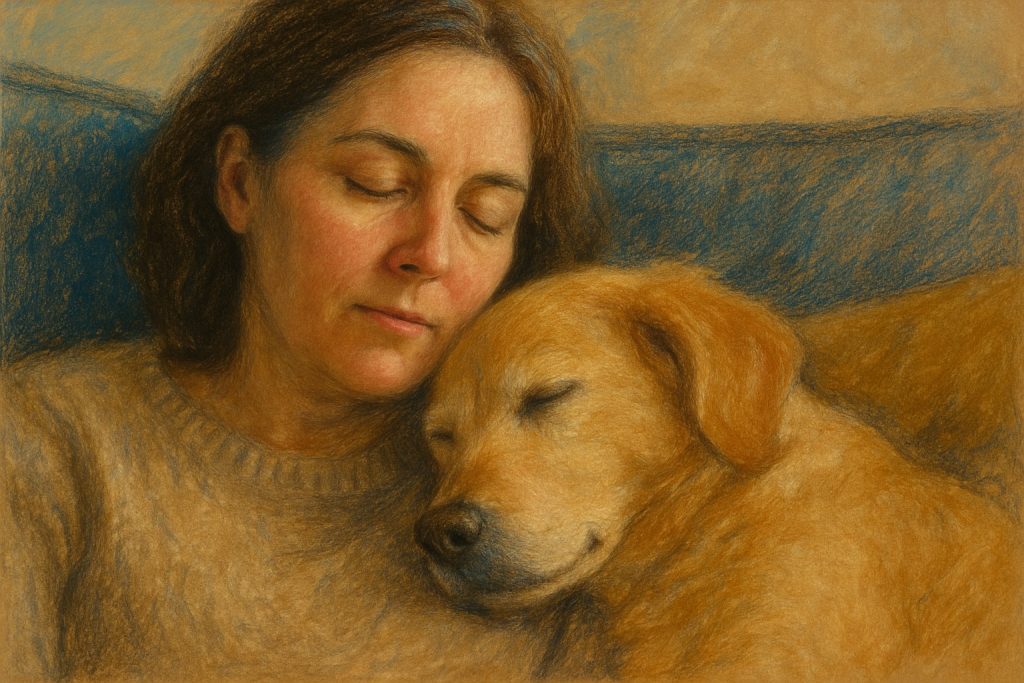Microaggressions. From awkward compliments to viral celebrity missteps, why the smallest slights are now the biggest cultural reckoning.
When “Just a Joke” Isn’t Funny
You don’t have to be a bigot to cause harm. Some of the most painful wounds come from people who never meant to offend who were “just making a joke,” or “didn’t mean it that way.” But in 2025, we’re finally learning that intent doesn’t erase impact.
What Are Microaggressions?
Welcome to the era of the microaggression: subtle, casual, often unintentional slights that, while small on the surface, shape how people are seen and treated. These offhand remarks and unconscious assumptions can pile up over time, leaving real psychological bruises. As studies show, repeated microaggressions are linked to anxiety, depression, and even physical health problems.
Origins and Common Examples
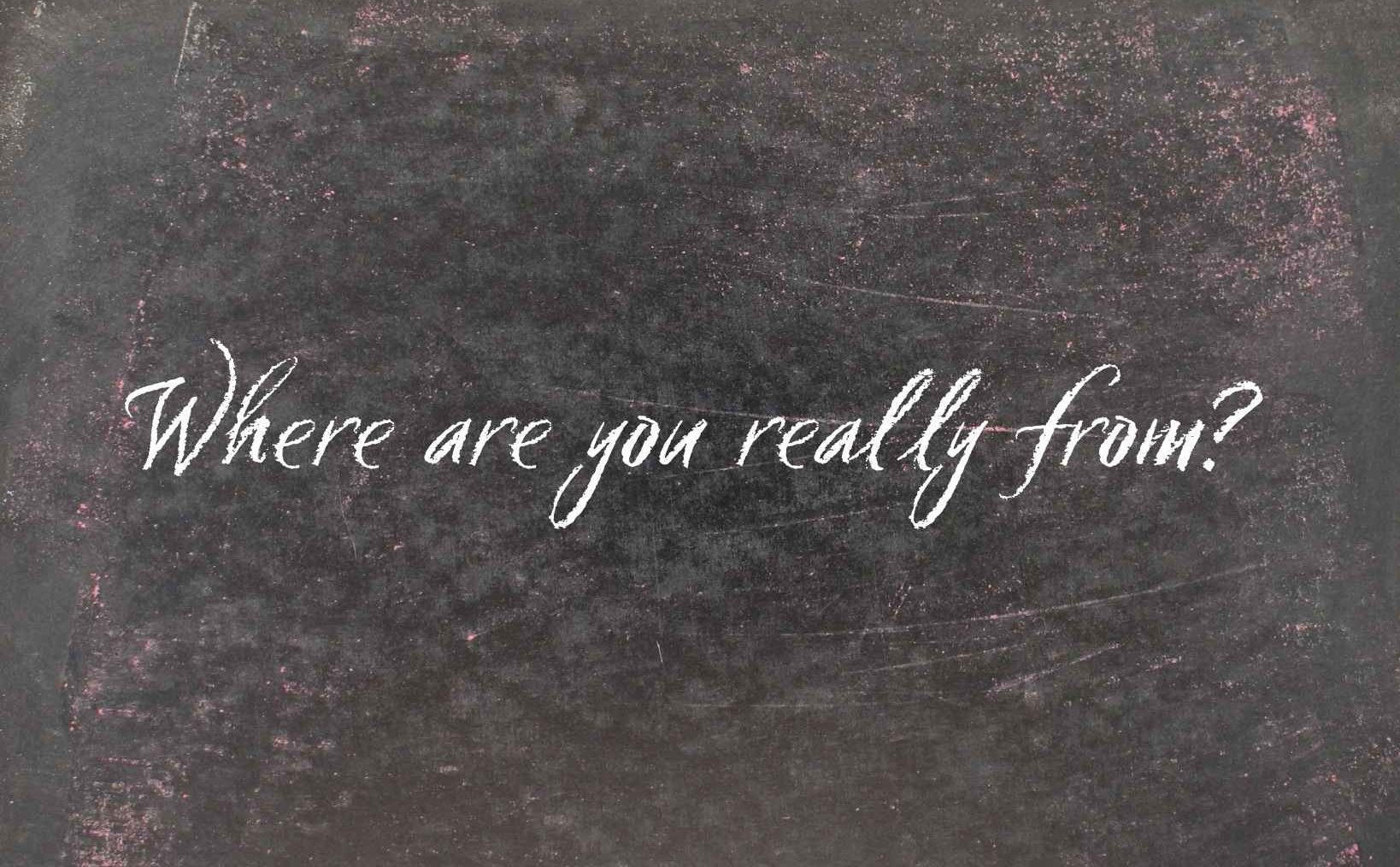
Coined in 1970 by psychiatrist Chester Pierce and expanded by psychologist Derald Wing Sue, microaggressions are defined as everyday verbal, nonverbal, and environmental slights that communicate hostility or negativity toward marginalized groups even if unintentionally.
They often arrive disguised as compliments. A Black woman might be told she’s “surprisingly articulate.” A disabled person may be praised for being “so inspiring” just for existing in public. A colleague might ask an Asian American, “Where are you really from?” as if their presence requires explanation. These slights aren’t isolated they’re constant reminders that someone doesn’t fully belong.
When It Goes Public
In pop culture, we’ve seen these moments play out on big stages. When country artist Shaboozey’s name was mocked at the 2024 CMA Awards, it sent a message about what names are considered normal and which are punchlines. At a 2025 Oscars party, an interviewer told Megan Thee Stallion that she listens to her music when she wants to fight someone. Megan handled it with grace, but the underlying stereotype of the “angry Black woman” was loud and clear.
Accountability in Pop Culture
Even progressive icons aren’t immune. In 2022, Lizzo released a song with the word “spaz,” a slang term in the U.S. but a well-known ableist slur elsewhere. When disability advocates spoke up, she re-released the track with a new lyric, and Beyoncé followed suit with her own song. These were rare moments of public figures owning the harm and correcting it.
The Workplace and Beyond
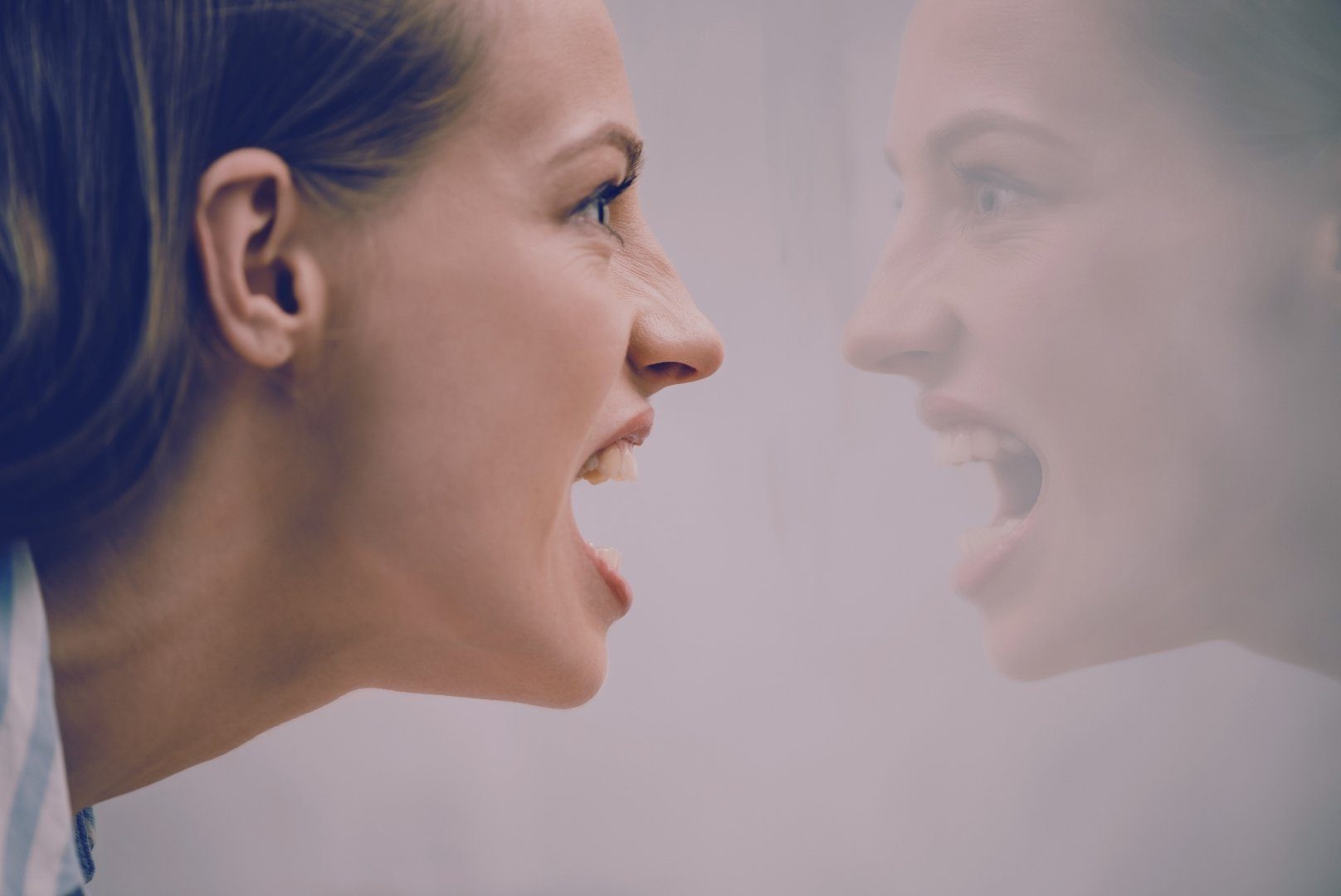
The problem isn’t just what’s said, but how often it happens and where. At work, women are interrupted more, miscredited, or asked to smile. LGBTQ+ people face questions that invalidate their relationships. Trans individuals get misgendered or asked invasive questions about their bodies. And people with invisible disabilities are often told, “You don’t look sick.”
Media Representations
It doesn’t stop there. Media portrayals add to the weight. Characters like Apu on The Simpsons reduced South Asian identity to caricature. Dove’s “whitewashing” soap ad implied lighter skin was cleaner. Even director Jane Campion once minimized Venus and Serena Williams’ struggles by suggesting they didn’t face the same challenges she did as a female filmmaker.
Moving Forward
These moments aren’t just offensive, they’re revealing. They show who gets the benefit of the doubt and who’s still being asked to explain their presence. Microaggressions tell someone they’re different, they don’t fit the mold, or they’re lucky to be included.
Still, awareness is rising. People are more willing to speak up, call things out, and take feedback seriously. That’s how culture shifts, not through perfection, but through accountability. If you’ve said something wrong, own it. If you’ve been on the receiving end, you’re not too sensitive. You’re paying attention.
Because even when it’s “just a joke,” the sting is real. And when small slights go unchecked, they turn into big problems.
Want more candid takes on language, culture, and survival? Explore:

